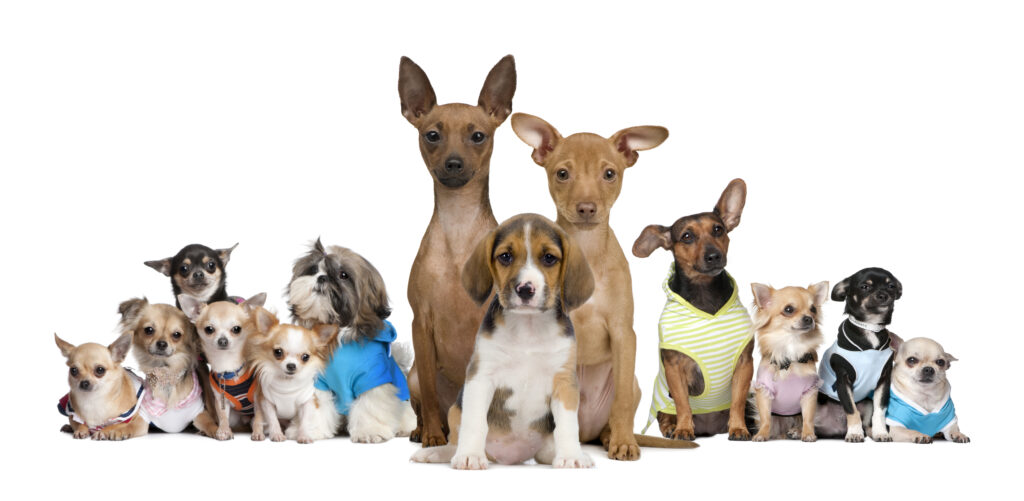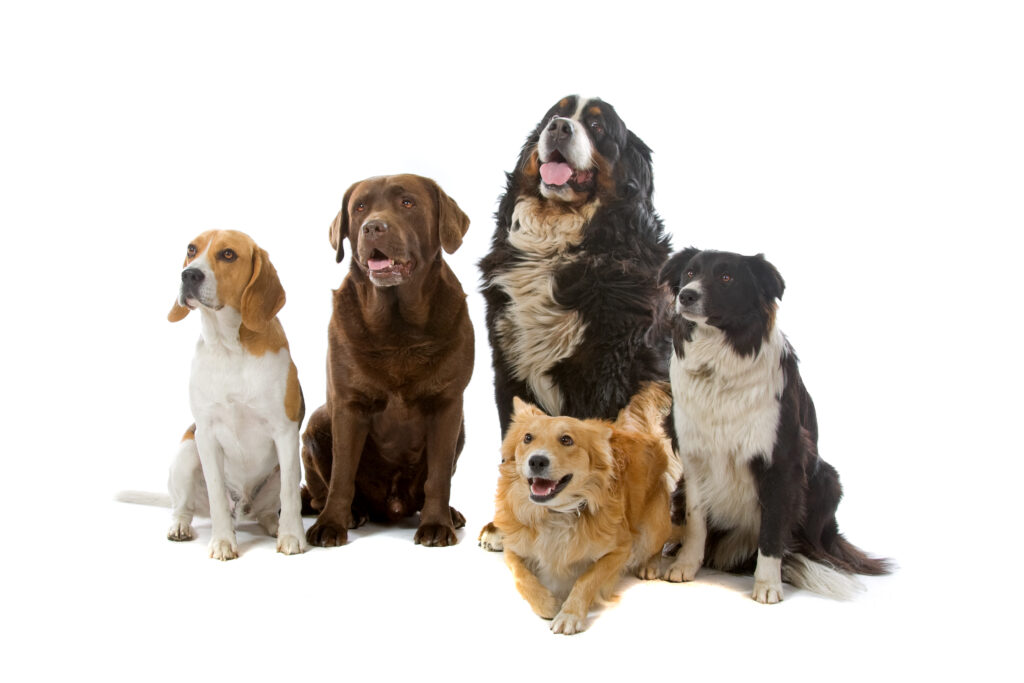
I was with one of my friends in a café the other day. The conversation between us moved gradually from a friend’s wedding to dogs and then to their sizes. I was sharing how taking ones dog at their wedding is an awesome idea when I was bombarded with unique information.
My friend was of the opinion that this setting of dogs at weddings can never work with a small dog since they are highly active and aggressive. They would torn the bride or the groom’s wedding dress to pieces and run away with their rings while creating chaos all around and leaving everyone astounded.
I argued with him a lot that this notion of small dogs being hyper active was just a stereotype because I had seen bigger active dogs too.
After a few days we met again and on that day we saw a Chihuahua in the café with a woman. The dog hovered in her feet and moved here and there to the extent his leash would allow. If by any chance the women had let go of the leash the dog might have turned the café upside down. I could imagine the fur baby standing on top of the pile of tables, vigorously moving his tail. As we moved out of the café, my friend pointed at a Labrador who was moving gracefully with his owner and barking occasionally. I knew what was coming. My friend had that “told you“kind of look on his face. He leaned forward and said that’s an example of a frenzied small dog and a calm and reserved bigger one.
Well after that I was curious to find if that was true or not. I went into a lot of research and today I am going to share with you all about big and small dogs and why people have them.
Does Size Really Matter?
It is generally believed that size has an effect on behavior and training of the dog. What my friend had in his mind was a stereotype that small dogs are anxious and big dogs are calm. Well a recent study published by University of Veterinary Medicine in Vienna suggests that this might be true.

They classified dogs greater than 44 pounds as bigger and the rest as smaller. Then they gathered surveys from dog owners. The study does reflect that this might be true that small dogs are aggressive and larger ones are more collected and calm. They also mentioned that training is also a big factor in this case. With the proper training both the dogs can behave almost equally.
Now there are some stereotypes which are not at all true. Let’s get them aside before we move on.
Some myths:
Size of the dogs does play a big role in their behavior, training and lifestyle but there are also certain myths about dog sizes. Let’s explore them for fun:
Bigger dog=a more loving doggie:
This is not true at all. I believe all cute little furry babies are equally lovable and loving. All they need is a good family who can love them back too. Small dogs give the best loving hugs. Don’t they?
Smaller dogs=no exercise for them:
This is a big myth too. Every dog needs some outdoor activity and exercise. A daily walk for 20 to 30 minutes is a must for their optimum health.
Smaller dog= loud and frequent barking:
It is generally believed that the smaller the doggie is the bigger will be their bark which is not true. All dogs bark loudly regardless of their sizes.
Now let’s explore some of the differences between small and big dogs which are not stereotypes.
Why a smaller dog:
Less Costly:
Small dogs cost less because you will need less dog food for them. After all how much a little cute furry baby can eat. Similarly veterinary costs are also less especially of certain types of surgeries.
Easy to travel with:
It is naturally easier to travel with a smaller dog since they will take less space. It will also be easier to handle them in the airplanes and restaurants which are also small dog friendly. If someone loves travelling then they would prefer a smaller doggie to stay comfortable throughout their journey. After all when was the last time you saw someone squeezing a Wolf Hound in a pet carrier?
Easier to snuggle:
Small fur babies are easier to snuggle with as opposed to the larger breeds. They might even be happy with only one walk throughout the day and would happily roll up in the sofa or bed with you for the rest of the day.
Ideal for present lifestyles:
As our present lifestyles generally have smaller apartments, it is easier to accommodate these cute little furry faces with us. If you have a small house or apartment you would naturally want a smaller pet to fit in with you.
Good at home training:
Small breeds of dogs are more difficult to train for the outside world as opposed to the larger ones. But on the positive end some small doggies can easily be litter-box trained.
Highly Active and Enthusiastic:
Smaller dogs have great energy due to their size and which is one of the reasons they are very difficult to settle. You can train them in their puppy years so that they find it a bit easier to relax. They may be more sprightly too when it comes to asking for their needs or attention. One of the reasons behind that could be because we treat small dogs as babies carrying them all around which makes them sort of pampered.
Why a Bigger Dog:
Easy to train:
Some people just choose bigger dogs because they are easy to train as opposed to the little aggressive fellows. Especially outside of the house is their main turf and they can really make their owner proud by behaving exactly the way they are told to.
Large in number:
Bigger dogs are generally more in number for adoption as compared to the small ones. Some people would simply go for a bigger dog because he or she is all they found.
Good watchdogs:
They are the best watchdogs due to their size and appearance. If someone is looking for a guard dog then their best bet would be a bigger dog. With whom would you mess, A Mastiff or a Papillion?
Friends with Kids:
Bigger dogs make good friends with kids. They show more acceptance and intimation towards kids than the smaller fur babies. Bigger dogs also like to play with kids.
Low breading cost:
The bigger the dog the more they are likely to deliver naturally. It makes them to have lower breading costs.
Outdoor lovers:
Do you love walking and playing outdoors. Then the bigger dogs will be your selection. They will be more content and happy when there is more outdoor activity. They need to be taken out daily for walk and other activities. .
Diet:
Bigger dogs will have more food requirement and will need a variety of different nutrients to support joint health and overall movement.
After the entire differences one last thing that is common in all fur babies:
Big at heart:
No matter whatever is the size, all furry members show great love and loyalty to their family. Just make sure you choose the one that suits your family and lifestyle.


